On the heels of the 2014 United States Conference on AIDS in San Diego, I am struck by the response of African American faith communities to the spread of the Ebola virus.
Black pastors and congregations around the country have expressed outrage about the lack of response to the Ebola outbreak in Africa until after three white Americans were infected with the virus. (Apparently, the black people of the world don’t matter enough to save.) So, where is the black church’s outrage about the ongoing HIV epidemic in the United States where the Centers for Disease Control and Prevention says that 1 in 16 black men and 1 in 32 black women will become infected in their lifetime?The National Black Church Initiative, a faith-based coalition of 34,000 churches comprised of 15 denominations and 15.7 million African Americans, has called on the Obama Administration to allocate $1 billion in aid for Africa to effectively fight the Ebola virus. They warn that failure to provide Africa what it needs will be met with a steep moral price tag. What do they think is the price for failure to provide Black America what we to effectively fight the human immunodeficiency virus (HIV)?
Noted problems with the Ebola response include lack of literacy, poverty, and misinformation. “The problem we have had is Liberians not taking preventive measures,” the Rev. James Tetegba Yarsiah said. Guess what some of the major problems with the HIV response in black America are.
In August, the Liberian Council of Churches called for three days of national “indoor fasting and prayer”and declared that “God is angry with Liberia, and that Ebola is a plague. Liberians have to pray and seek God’s forgiveness over the corruption and immoral acts (such as homosexualism, etc.) that continue to penetrate our society.” Sound familiar?
There is a wealth of published information comparing HIV and the Ebola virus. In my view, two of the most important similarities are:
- HIV and Ebola are both killers.
- There is no cure or vaccine for HIV or Ebola.
According to the World Health Organization, the world’s worst Ebola outbreak on record has now killed 3,439 people. The flu pandemic in 2008 killed 284,000 people worldwide. HIV/AIDS has killed 36 million people since 1981. In 2012 alone, HIV killed 1.6 million people, and more people have died from HIV/AIDS in the last 33 years than currently live in at least the 15 most populous U.S. cities.
New HIV infections have remained relatively consistent over the past several years: approximately 50,000 new HIV infections each year in the United States and approximately 227 new HIV infections each year in Alameda County where I live, work, and worship. Most of the people diagnosed with new HIV infection are African American men. Where is the public outrage? Where is the faith response?
Where are the church folks with their prayers and fasts and fundraisers? Much has been made of Ebola transmission to missionaries and healthcare workers via blood borne exposure. The fact is that Ebola is spread through ALL body fluids, including saliva, sweat, semen, and vaginal fluids. (This means that Ebola can be spread sexually making it a sexually transmitted infection.)
When I work with faith leaders on improving the black church’s response to the global HIV epidemic and the public health State of Emergency around HIV among African Americans in Alameda County, the elephant in the room is “sex.” Church folks don’t like to talk about sex in public (not to be confused with talking about public sex which I believe they would also be hesitant to discuss!). We are not, as Rev. Edwin Sanders from Metropolitan Interdenominational Church in Nashville, TN, says, “sexually comfortable.”
I’m suggesting that black clergy and congregations are reluctant to talk about sex, which renders them unable to talk about HIV prevention or treatment. They are reluctant to talk about sex, so they are unable to talk about how to effectively prevent any type of sexually transmitted infections – even when it’s killing their church members, families, and communities.
HIV can be stopped from transmission through preventive measures with an almost 100% efficiency. The Ebola virus knows no such limits. Why aren’t we talking? Why aren’t we sharing accurate information? Why aren’t we saving lives?
The time is long overdue for more black churches to step up and expand HIV ministry. World AIDS Day is right around the corner on December 1. On Saturday or Sunday, November 29 or 30, churches are encouraged to participate in World AIDS Day by distributing AIDS awareness ribbons, praying special prayers, making special announcements, distributing HIV prevention and treatment information in church bulletins, inviting guest speakers, and preaching sermons with a particular focus on healing and love.
Then there is National Black HIV/AIDS Awareness Day on February 7, and the National Week of Prayer for the Healing of AIDS March 8-15. The NAACP (www.theblackchurchandhiv.org) and the Balm in Gilead (www.balmingilead.org) have developed resources to help people of faith address the issue of HIV and AIDS in their communities. If you’re in the San Francisco Bay Area, the East Bay HIV Faith Collaborative can help (hiv.faith@yahoo.com).

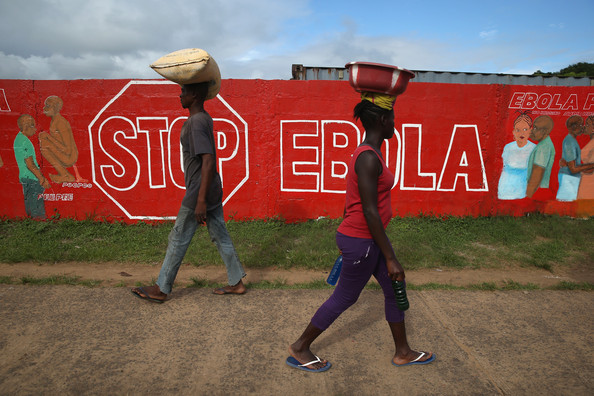
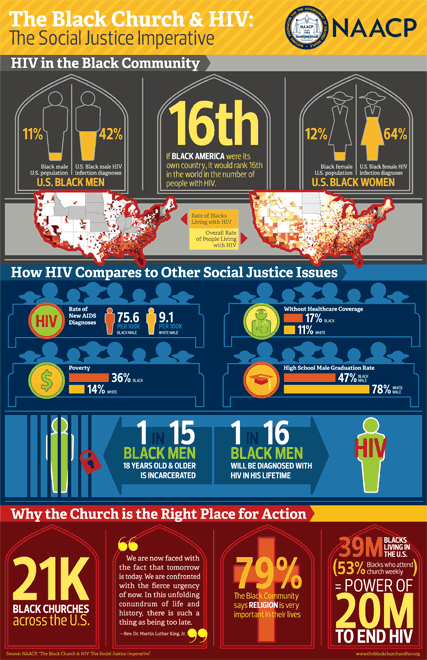
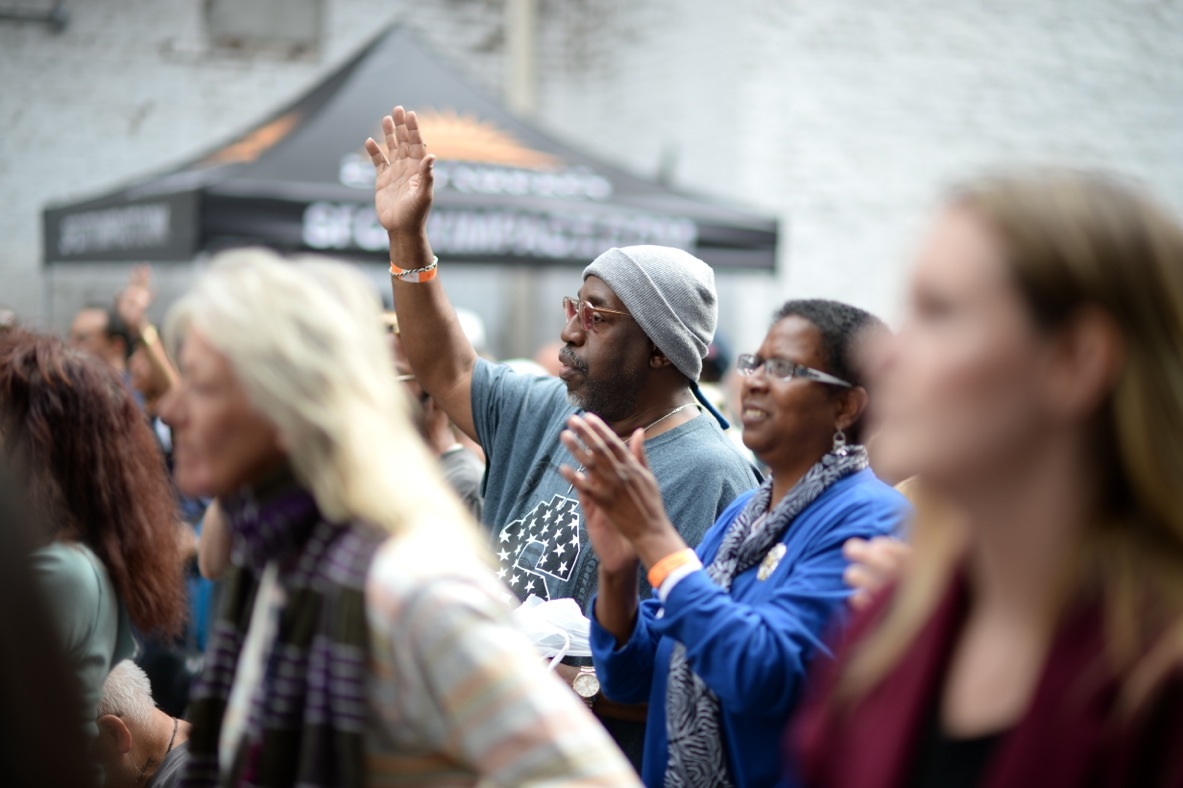
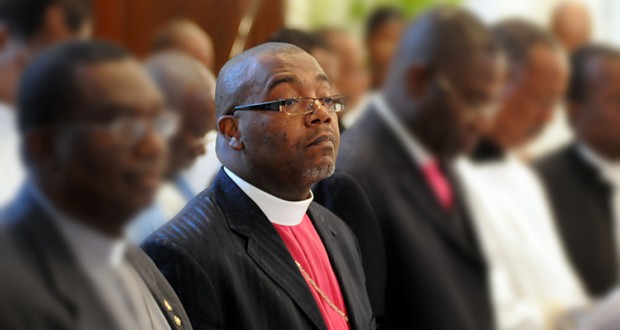
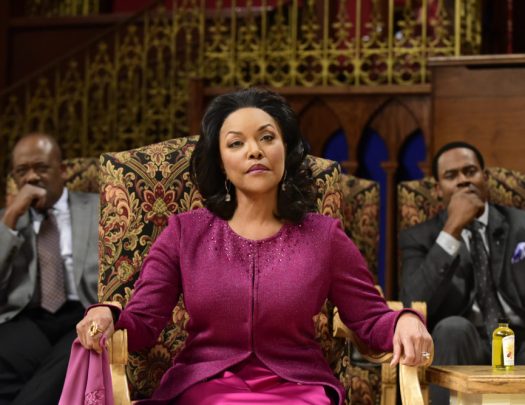
No Comments